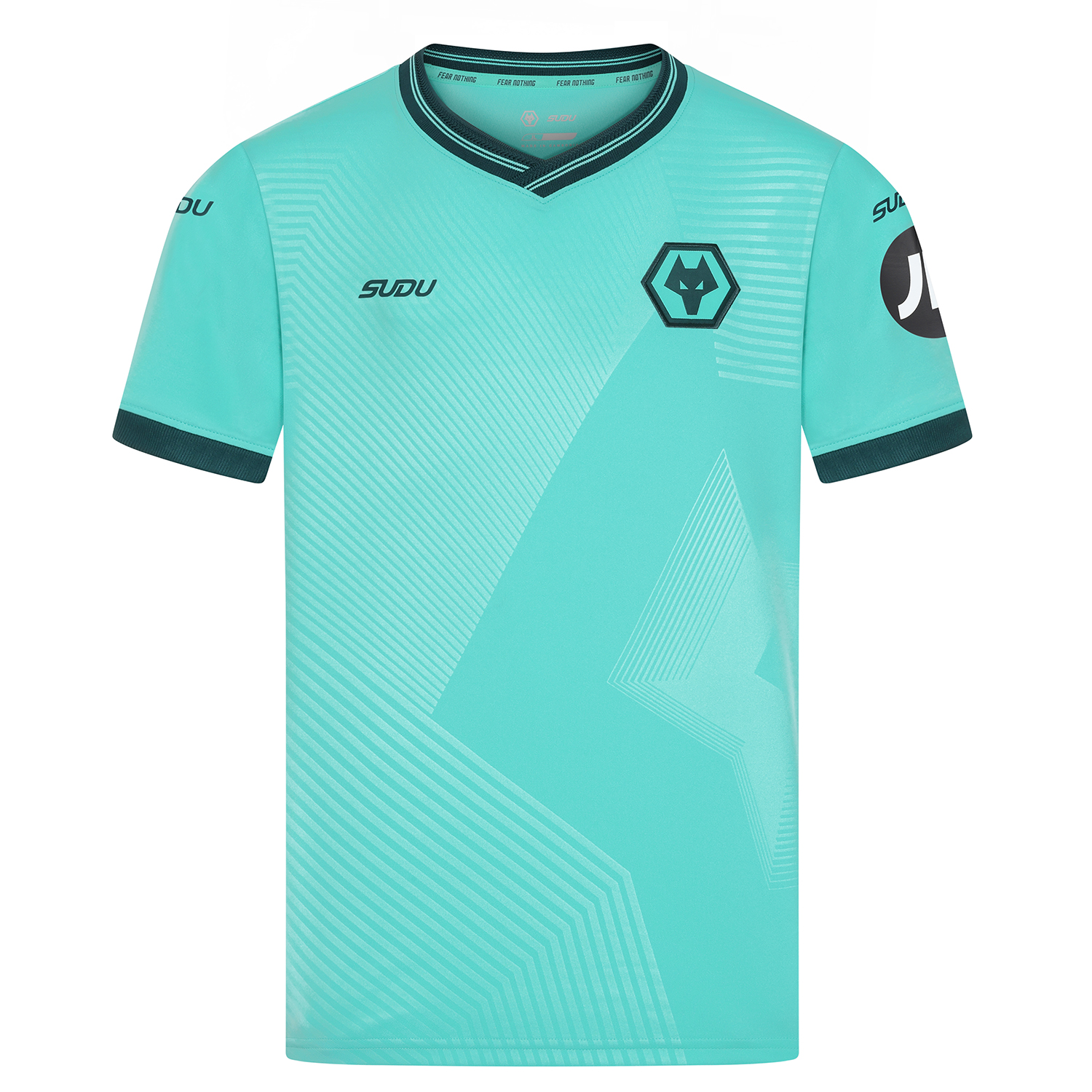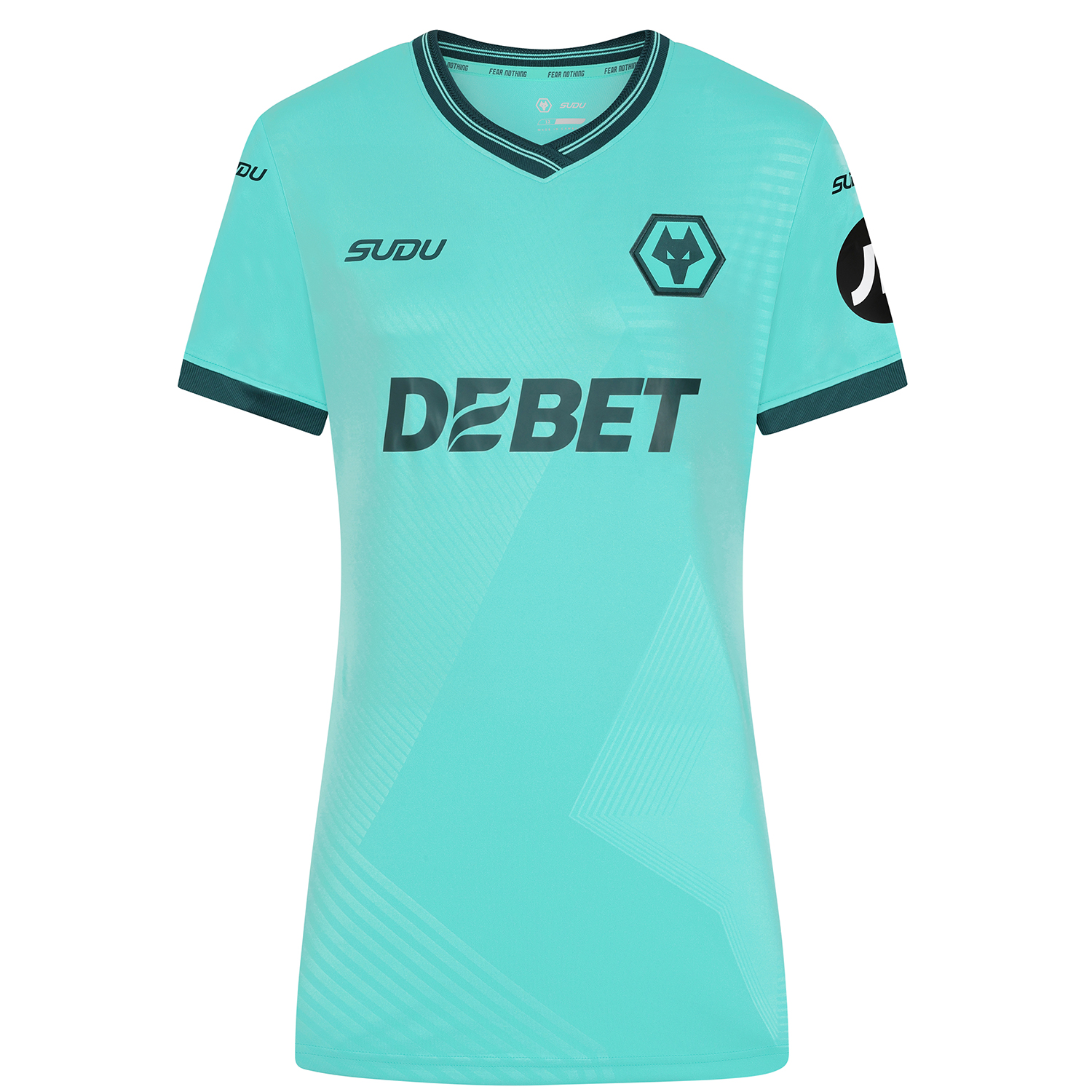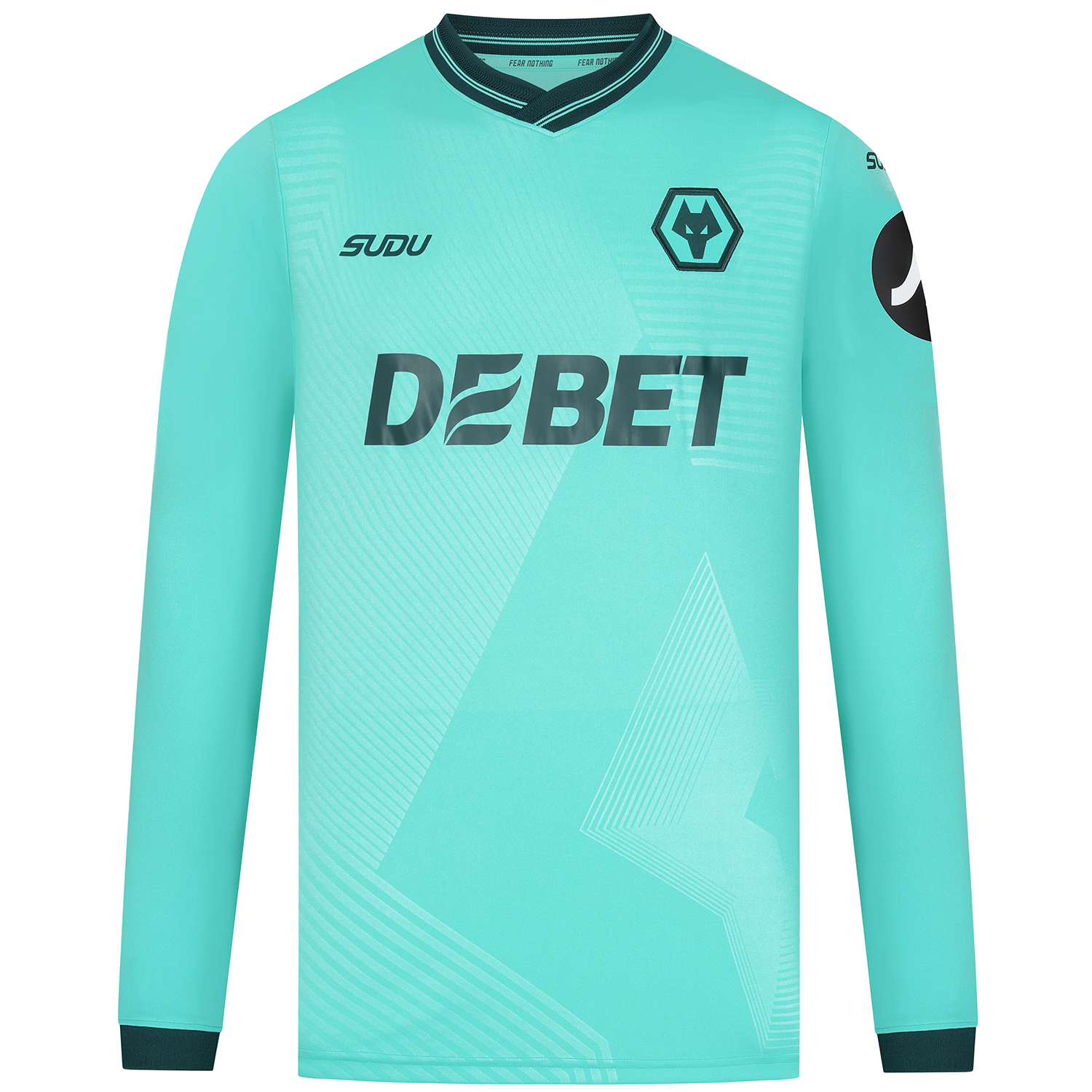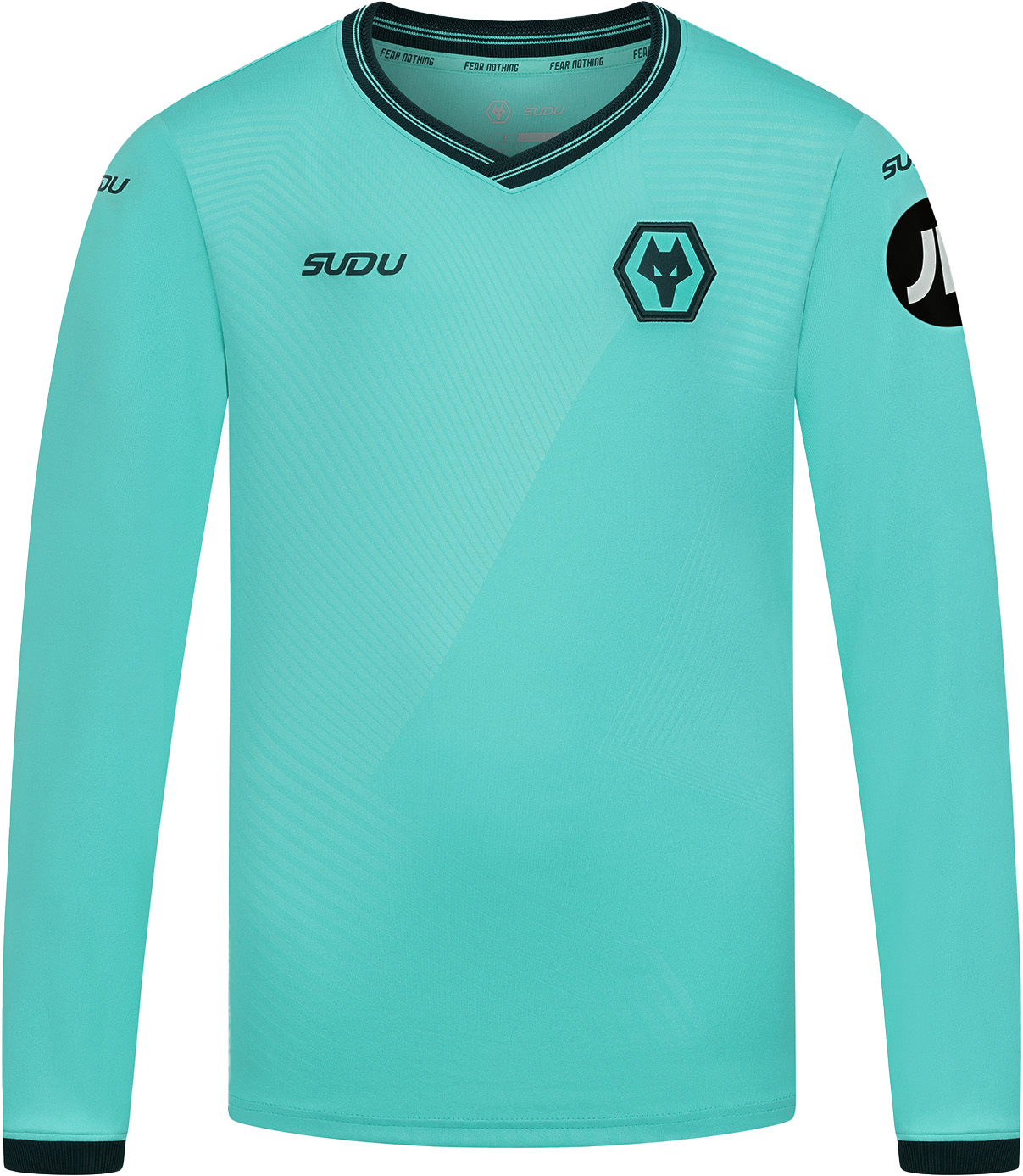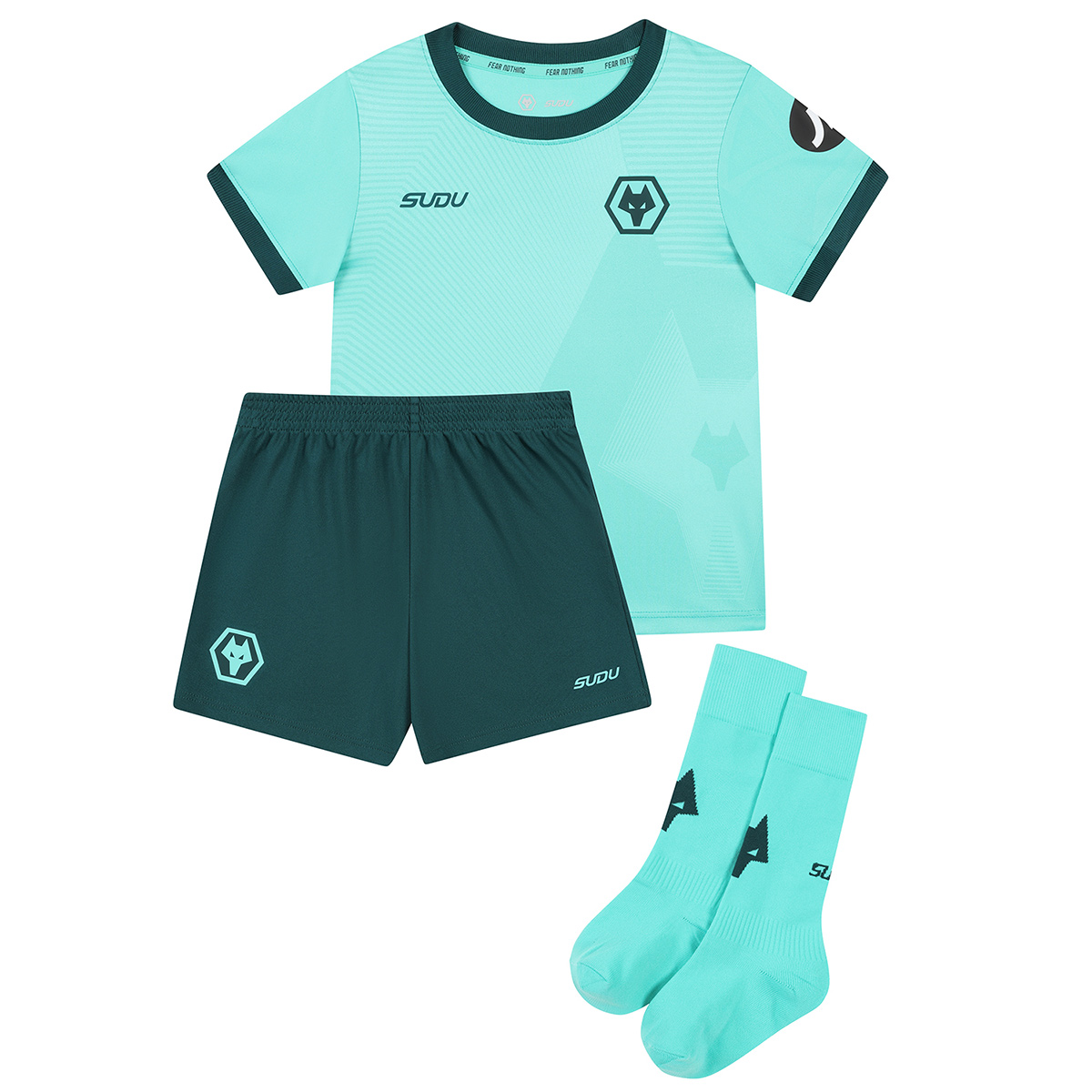Former Wolves winger and head of sport science Tony Daley talks about life after football once he had hung up his boots.
How did you feel after retiring?
The writing wasn’t on the wall when I first came to Wolves because I was a record signing, I was just 26 years of age and at the peak of my career, and then I picked up two major knee injuries. That virtually ruled me out for the four years I was there. I only played 26 games and even though I tried to come back from it, I just knew after I left Wolves that my career was coming to an end. By that time, I’d already planned going into sport science, because I still wanted to be working at a football club. When I retired, I did my degree in exercise and sport science, then a masters degree in the same thing, so I was fortunate that when I retired as a player, I had prepared for life after football and managed to go into what I wanted to do.
Did it take time for your life to adjust?
Even though I had retired, I was still playing part time at Forest Green Rovers when they were in the conference, training twice a week. I also had a young family and was working on my degree assignments, so that kept my mind occupied for the first three years. I didn’t have time to think about when I was a footballer, playing for three hours a day and having all this free time, my mind and my space was filled, and I had an aim and a purpose, so that worked really well for me and I couldn’t have asked for a better transition.
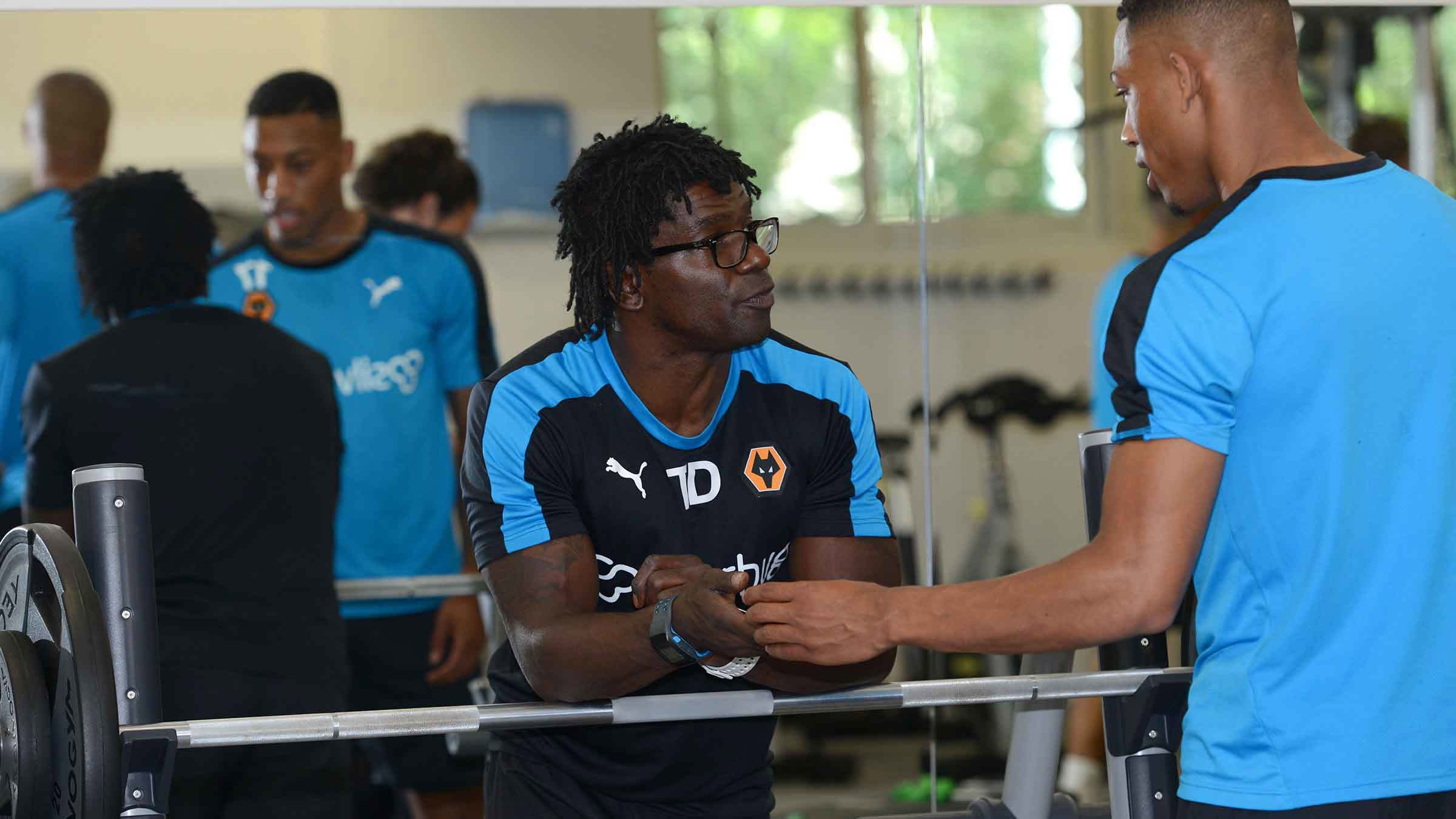
How did you replace football in your life?
I was very fortunate that around the time I finished my degree, I got a job as fitness coach at Sheffield United. I was there for four good seasons under Neil Warnock, which taught me a hell of a lot. Then I had 10 wonderful years back at Wolves as head of sport science where I had some really good times – some highs, some lows, but really good times. So, I was always working in football and never had to replace it.
What did you miss most about football?
When you retire from football, it’s not the lifestyle you miss, it’s the camaraderie between your teammates. You are mates with them for all that length of time and you have so much fun together playing the games. Although I did miss that because I was a coach instead of a player, I was fortunate that I was never actually out of the game, so even as a fitness coach and sports scientist I was still there on matchdays, still involved, still part of the group, still hearing the crowd and still getting that feeling and buzz that you have as a player.
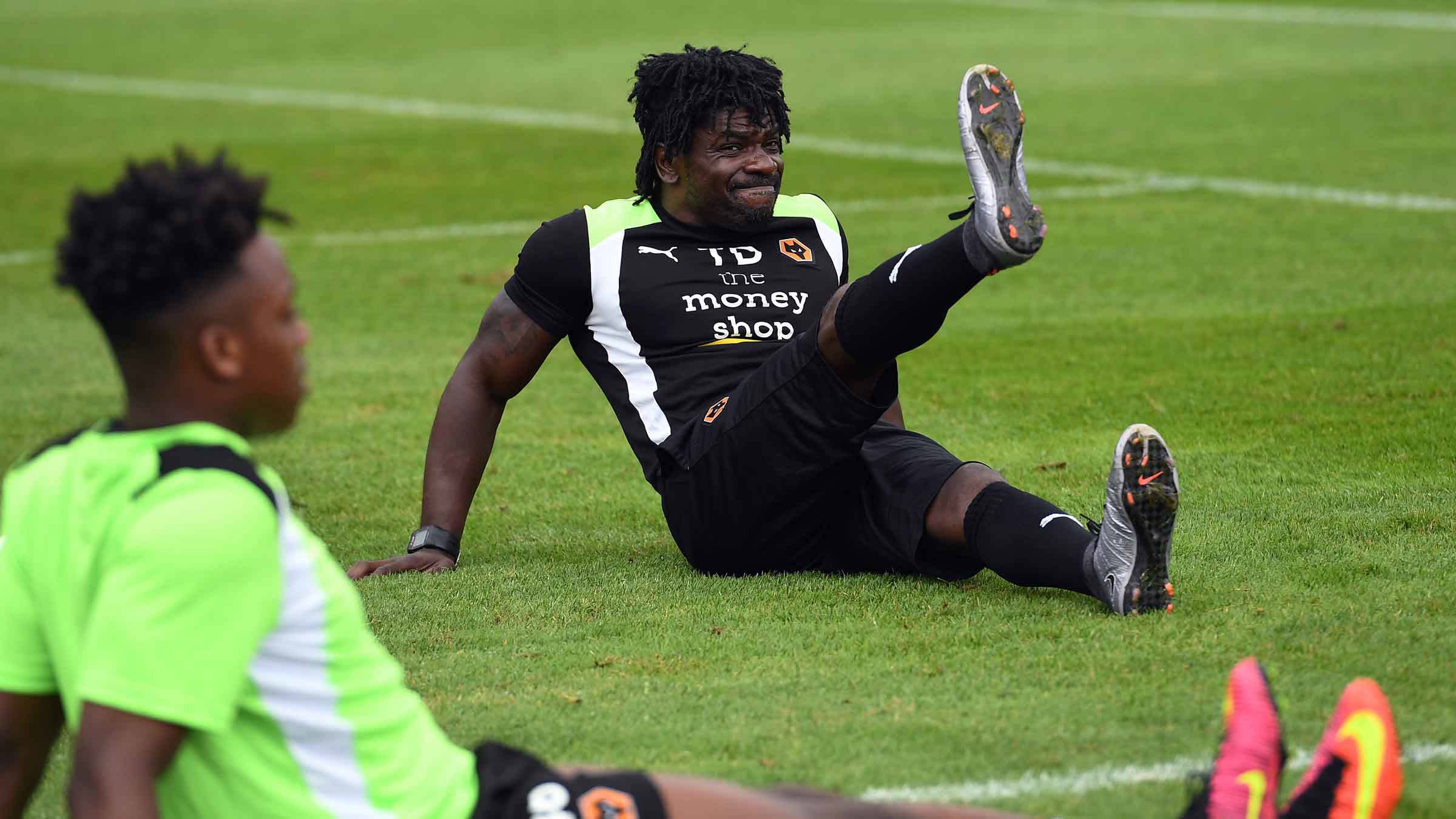
What are the parts of football you don’t miss?
That’s a tough one because there wasn’t anything that I didn’t miss. Some players might not like certain aspects, such as pre-season and all the fitness testing, sprints, long distance running, but I loved all that. So there’s not one thing that I don’t miss, not at all.
Do you still catch up with your teammates?
There are quite a few of the guys that I still speak to, such as Dave Kelly, Don Goodman, Geoff Thomas, but Steve Froggatt is a good friend of mine from both Wolves and Villa and we still catch up with each other on a regular basis, so it’s nice that we still keep in touch.
Do you still watch and follow football?
I’ve always been a massive Villa fan, I was brought up a Villa fan and it was an honour for me to play for the club, and Wolves are so close to me having spent four years here as a player and then 10 years as a coach, so it’s my second club. Wolves and Villa are the clubs I look at most in terms of games now, and I’ve had the chance to go back to Molineux on two or three occasions as well as get down the Villa.
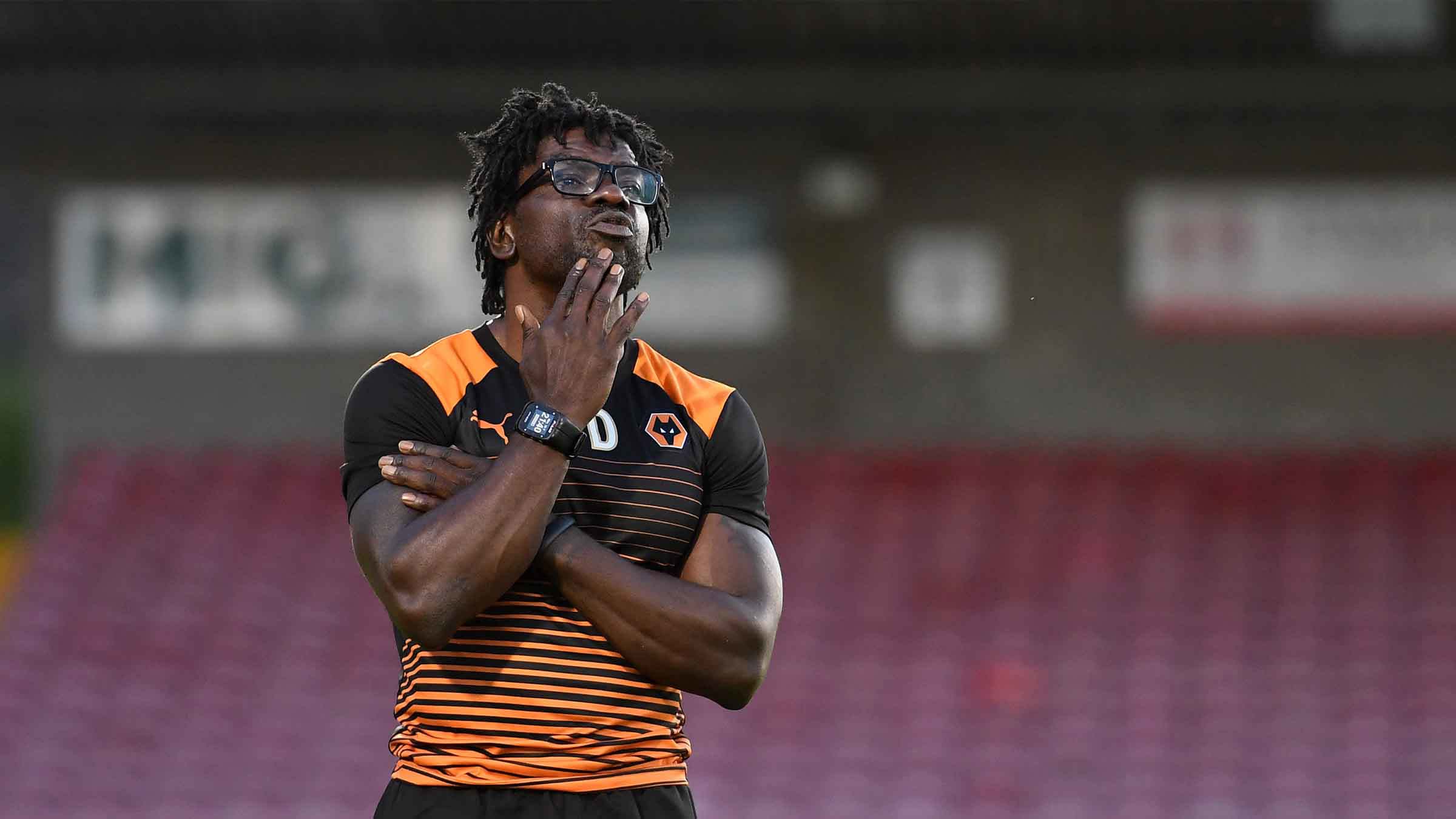
If you could play again now, would you?
100 per cent. I’m not talking about financially, but about the position I played as a winger or a wide forward. They’re very well protected now, but when I played we were kicked – and kicked hard! They’re more protected now, as well as having a bit more freedom with the position, so for that reason, and also getting the chance to play on the beautiful pitches, with the sport science and the equipment which is available to the players now, I would love to play in this era. Absolutely.
What do you hope you’re remembered for at Wolves?
Although playing-wise my time at Wolves was very disappointing for the fans with the amount of injuries I had, but trust me, nobody was more disappointed than I was. But with my 10 years as a head of sport science and fitness coach, I was part of some great times there. We had promotion into the Premier League, three good seasons in the top flight and although we were relegated down into League One, coming back into the Championship was a great season. I worked with some great managers, I loved the fans, and was part of a great team of staff and players, so hopefully I’ll be remembered well. With the work I did, if you spend that amount of time under seven different managers, I must have been doing something right.
This article originally featured in Wolves' official 2023/24 matchday programme. Last season's programmes are still available to purchase online through retailers Curtis Sports.











